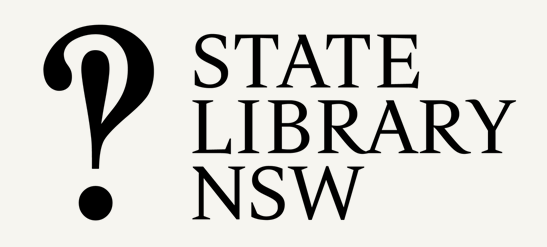- Provide accredited online training in cultural competency for all staff, and role-specific training incorporating local perspectives for staff working with First Nations visitors and collections.
- Put more effective mechanisms in place to bring the voices and views of Australian First Nations peoples, communities and organisations into the design, delivery and evaluation of library programs, services and facilities.
- Embed the ATSILIRN protocols into practice to ensure that NSLA libraries are taking culturally informed approaches to collection management, description, access and use of First Nations collection materials.
Outcomes
Core cultural competency
Almost 2000 staff at all employment levels, areas of responsibility and activity in Australian NSLA libraries completed Core Cultural Learning, an online course developed by the Australian Institute of Aboriginal and Torres Strait Islander Studies (AIATSIS).
Indigenous cultural competency principles
Sitting alongside ATSILIRN and other relevant protocols, these shared principles support NSLA libraries to develop practical and sustainable Indigenous cultural competency strategies appropriate to their community context and workforce requirements.
Working with Indigenous collections workshops
Workshops were run in each library, using local collection materials and case studies, to help embed the ATSILIRN Protocols in our collections policies, procedures and services. The workshops were attended by staff working with heritage and contemporary collections, researchers and library visitors, and have already resulted in changes to both back-of-house (e.g. cataloguing and description) and visitor experience practices in many NSLA libraries.
Online resources
The suite of resources (videos, case studies, activities and further reading) created for the collections workshops are freely available under a Creative Commons license (CC-BY) to encourage the Australian library and archives sector to adopt culturally safe collections practices.
Ongoing accountability
While the program achieved its aims of setting Australian NSLA libraries on a consistent path towards becoming culturally safe spaces for First Nations visitors, researchers and staff, we know that this is just the beginning of the work that needs to be done.
For at least five years from 2021, all NSLA libraries will complete an annual audit mapped to the ATSILIRN Protocols, to maintain momentum and to track and transparently report progress in cultural capability (the structures and policies essential for building cultural competency).
The audit is intended to hold NSLA libraries to account in making necessary improvements to policies and practices involving First Nations staff, visitors and collections, and to fulfil our obligations to the broader library sector – as sector leaders and according to commitments under the UN Sustainable Development Goals – to transparently demonstrate and promote cultural capability.
The audit has been designed to reflect the ATSILIRN Protocols. From 2023, the audit was adapted to include both Australia and Aotearoa New Zealand. For this reason, we have adopted the term ‘First Nations’ in reference to Aboriginal and Torres Strait Islander and Māori peoples.
Read the reports
What is a culturally safe library?
The information held in NSLA libraries is a powerful resource for First Nations peoples wishing to reconnect with family and community and to strengthen personal and cultural identities. Due to the sensitivity and significance of collection materials held in NSLA libraries, there is a responsibility to ensure there are policies in place that deliver culturally respectful services to Aboriginal and Torres Strait Islander people.
A culturally safe library is one that provides an onsite and online environment that is emotionally safe for Aboriginal and Torres Strait Islander employees and clients. It is a place where people feel supported, and can express themselves and their culture, history and identity with dignity and pride. It is an environment that fosters shared respect, meaning, and knowledge, and the opportunity to learn together without judgement.









